A poem begins in delight and ends in wisdom
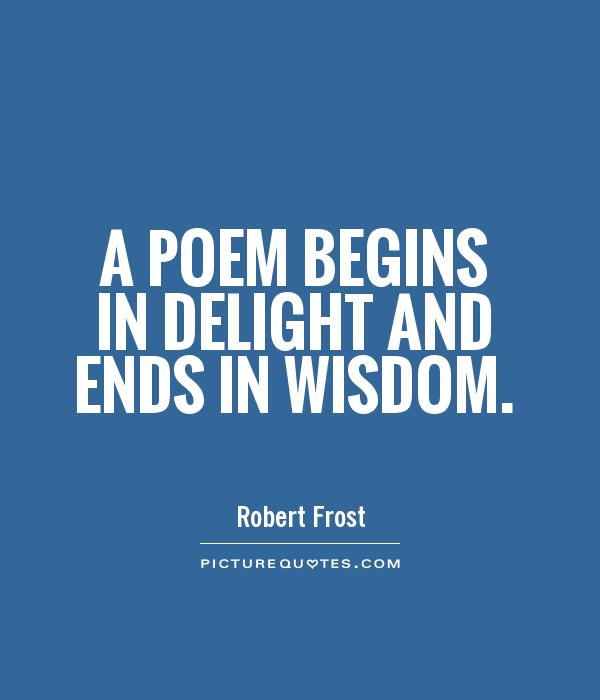
A poem begins in delight and ends in wisdom
Poetry has long been considered a powerful form of expression, capable of capturing the complexities of human emotion and experience in a way that prose often cannot. The quote "A poem begins in delight and ends in wisdom" encapsulates the transformative journey that both the poet and the reader embark on when engaging with a poem.At its inception, a poem is born from a place of delight - a spark of inspiration, a burst of creativity, a moment of pure joy. This initial delight is what propels the poet to put pen to paper, to craft words and images that evoke a sense of beauty and wonder. The act of creation itself is a joyful experience, as the poet revels in the process of shaping language and form to convey their thoughts and feelings.
As the poem takes shape, it begins to reveal deeper layers of meaning and insight. The delight of the initial inspiration gives way to a more profound understanding of the human condition, of the world around us, of our place in the universe. Through the careful selection of words, the use of metaphor and symbolism, the poet is able to distill complex ideas into a few lines of verse, inviting the reader to contemplate and reflect on the deeper truths that lie beneath the surface.
In this way, a poem ends in wisdom - not just for the poet, but for the reader as well. Through the act of reading and interpreting a poem, we are able to gain new perspectives, to see the world in a different light, to empathize with others and with ourselves. The wisdom that a poem imparts is not didactic or prescriptive, but rather a subtle and nuanced understanding of the human experience, a recognition of the beauty and the pain, the joy and the sorrow that make up our lives.


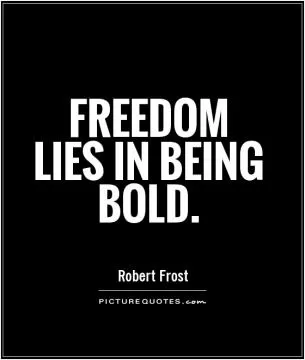
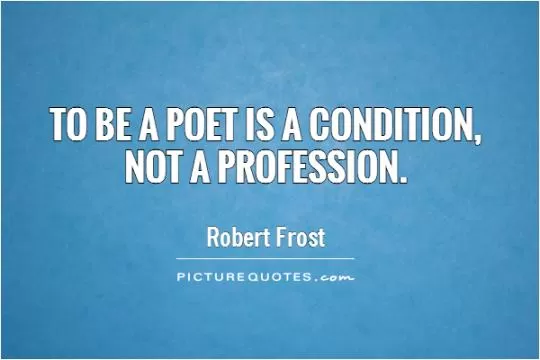
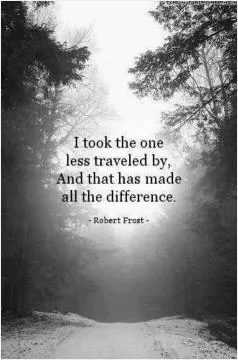

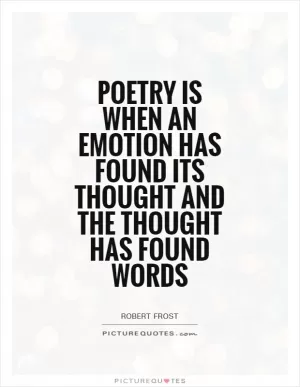
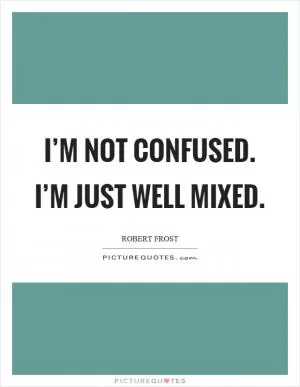
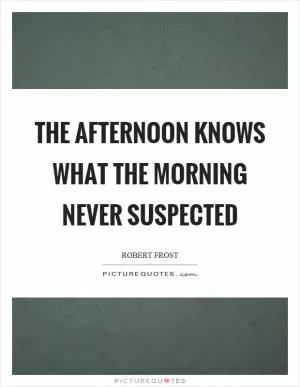

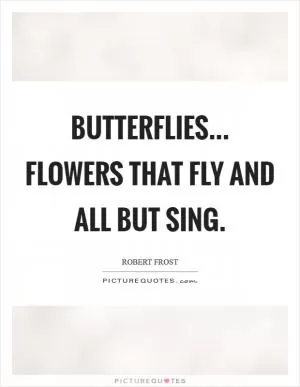
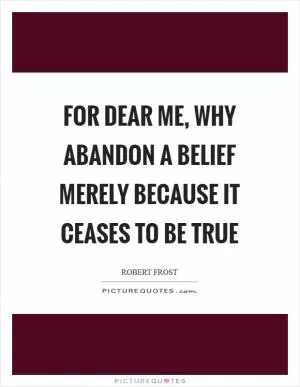
 Friendship Quotes
Friendship Quotes Love Quotes
Love Quotes Life Quotes
Life Quotes Funny Quotes
Funny Quotes Motivational Quotes
Motivational Quotes Inspirational Quotes
Inspirational Quotes